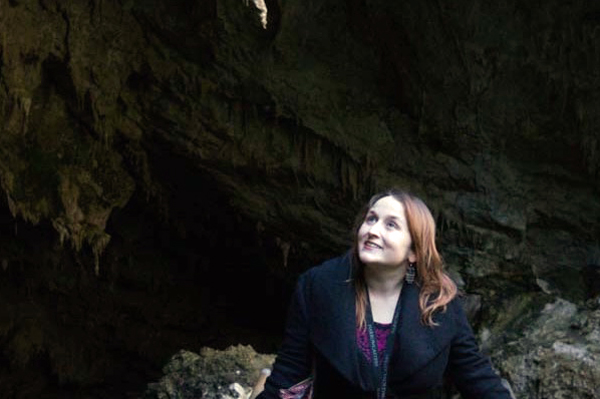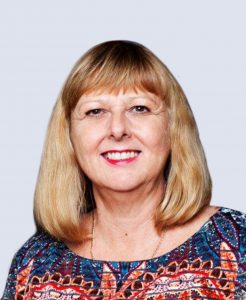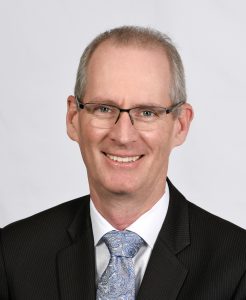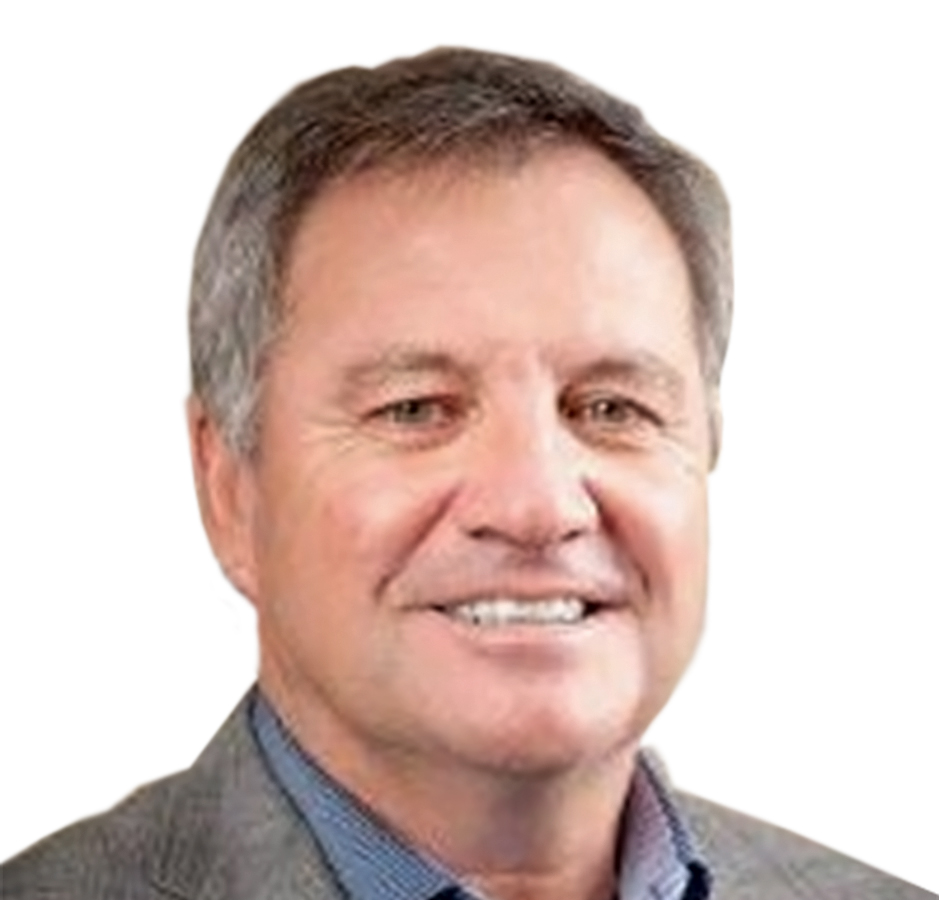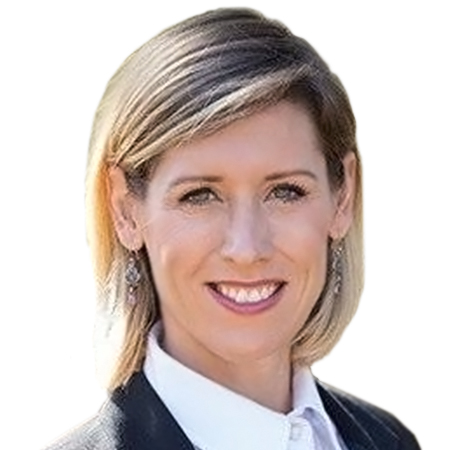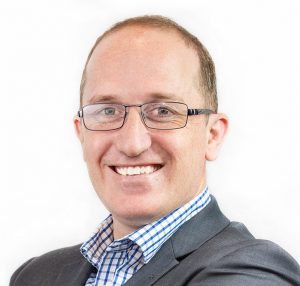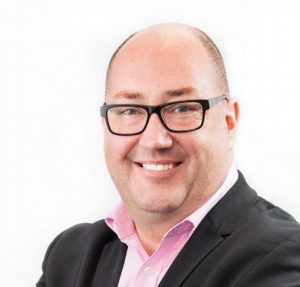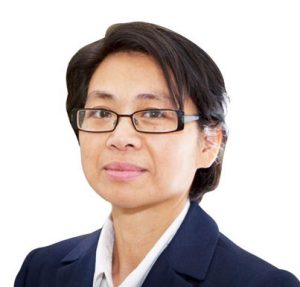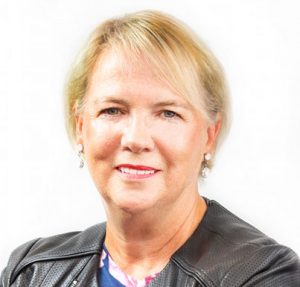When Dr Anna Janssen took on an Industry Fellowship with DHCRC, Lorica and the University of Sydney to understand doctors’ interactions with eHealth data, she knew she’d be using her skills as a mixed-methods researcher, but wasn’t sure what else to expect. She reflects on her time on this research project…
In 2019 I was able to complete an Industry Fellowship supported by the Digital Health CRC. My industry fellowship was part of a research project supported by Lorica Health and was run through The University of Sydney. The aim of my fellowship was to understand the attitudes, experiences and expectations doctors had about electronic health data, particularly data that could be used for reflection on clinical performance. Undertaking a fellowship funded by Industry is slightly different from one funded through a research focused entity like the NHMRC or ARC. The biggest difference is that in addition to having an academic supervisor I had an industry supervisor who oversaw my work. In my case I also had the opportunity to embedded myself in a product development team at the offices of my industry partner, which was a fascinating contrast to working with a research focused team at a university.
My fellowship had a strong Research and Development (R&D) focus to it, due to my industry partner’s interest in developing a digital product. This can mean different things in different context, but for me it meant I applied my skills as a mixed-methods researcher to address an industry problem. A major component of my role was undertaking in-depth interviews with medical specialists and general practitioners to understand the extent to which they used data collected from clinical and administrative sources, their perception about the data quality and completeness and its potential value for performance feedback and reflection. I also got to extend my research skills by learning new techniques such as how to analyse Medical Benefits Scheme (MBS) data to undertake data quality audits, applying content analysis techniques to understand the quality of online information health professionals chose to publish publicly, and undertaking environmental scans to understand other digital products for increasing actionability of electronic health data already in the marketplace.
The fellowship wasn’t just focused on applying and expanding my research skills in a new area. I also had a myriad of opportunities to learn about how small technology companies worked, as well as how their culture differed from the academic one I was familiar with. Whilst working with my industry sponsor I got the opportunity to develop knowledge and skills in a range of non-research areas including user experience design, online content generation and business case development. I also had an opportunity to work closely with other fellows sponsored by my industry partner, which helped me grow my academic network beyond The University of Sydney.
I wasn’t exactly sure what to expect when I went into my Industry Fellowship, but as it progressed I discovered there were many exciting aspects that were uniquely rewarding. It was a real highlight to get to collaborate with individuals outside of my home university and outside of academia. Undertaking research in a non-research driven environment showed me how I could apply my research skills in new and different ways. Not only did the experience grow my skill set, but I believe the industry fellowship made me a stronger and more dynamic researcher. As a researcher passionate about improving design and sustained implementation of digital health, learning more about the expectations and approaches used by digital health technology companies was uniquely valuable.
Although I gained a lot from my industry fellowship, there were definitely some challenges that pushed me out of my comfort zone. I didn’t anticipate how fast-paced R&D could be and how different industry deadlines were to those I was used to in academia. There were also times where my priorities as an academic were different to those of my industry partner. Sometimes this involved balancing real or perceived research conflicts of interest that emerge when working on an R&D project that has a commercial end goal. Even though it took me time to learn to work with these challenges, it is my view that learning to work harmoniously with industry whilst maintaining high quality research outputs is very important for digital health researchers.
An industry fellowship isn’t for every academic, but it was a great option for me. I enjoyed being an industry fellow so much that when given a chance to do another one I jumped on it. The opportunity to be embedded with my industry partner helped me understand the health technology industry much better, and definitely made me reflect on some of my assumptions going into the fellowship. The supports of my academic supervisor helped me maintain a clear research direction during my fellowship, which was important to make sure it helped progress my goals as an early career researcher. Overall participating in an industry fellowship taught me skills that helped me grow as a researcher, and definitely made me a more effective digital health researcher.
Dr Anna Janssen
This article was originally published on Digital Health & Informatics Network website.

